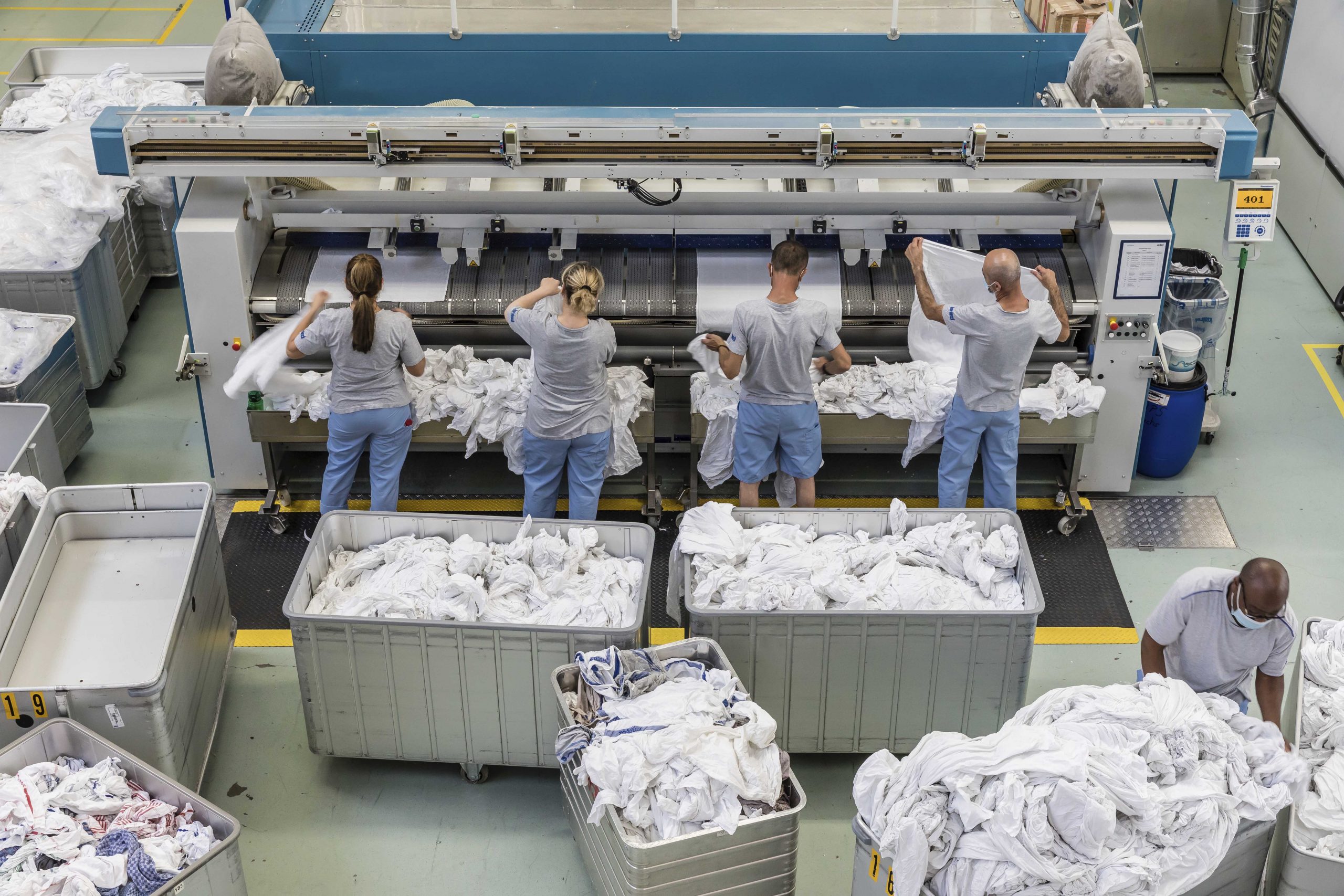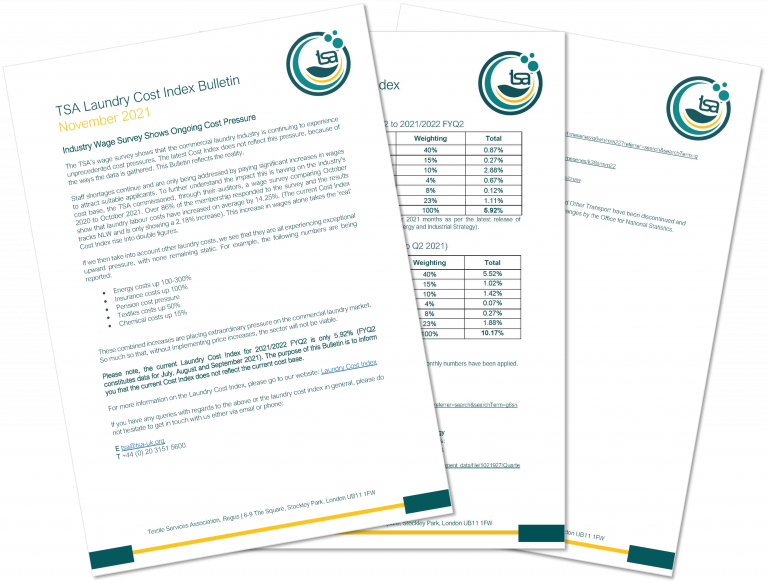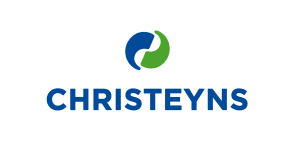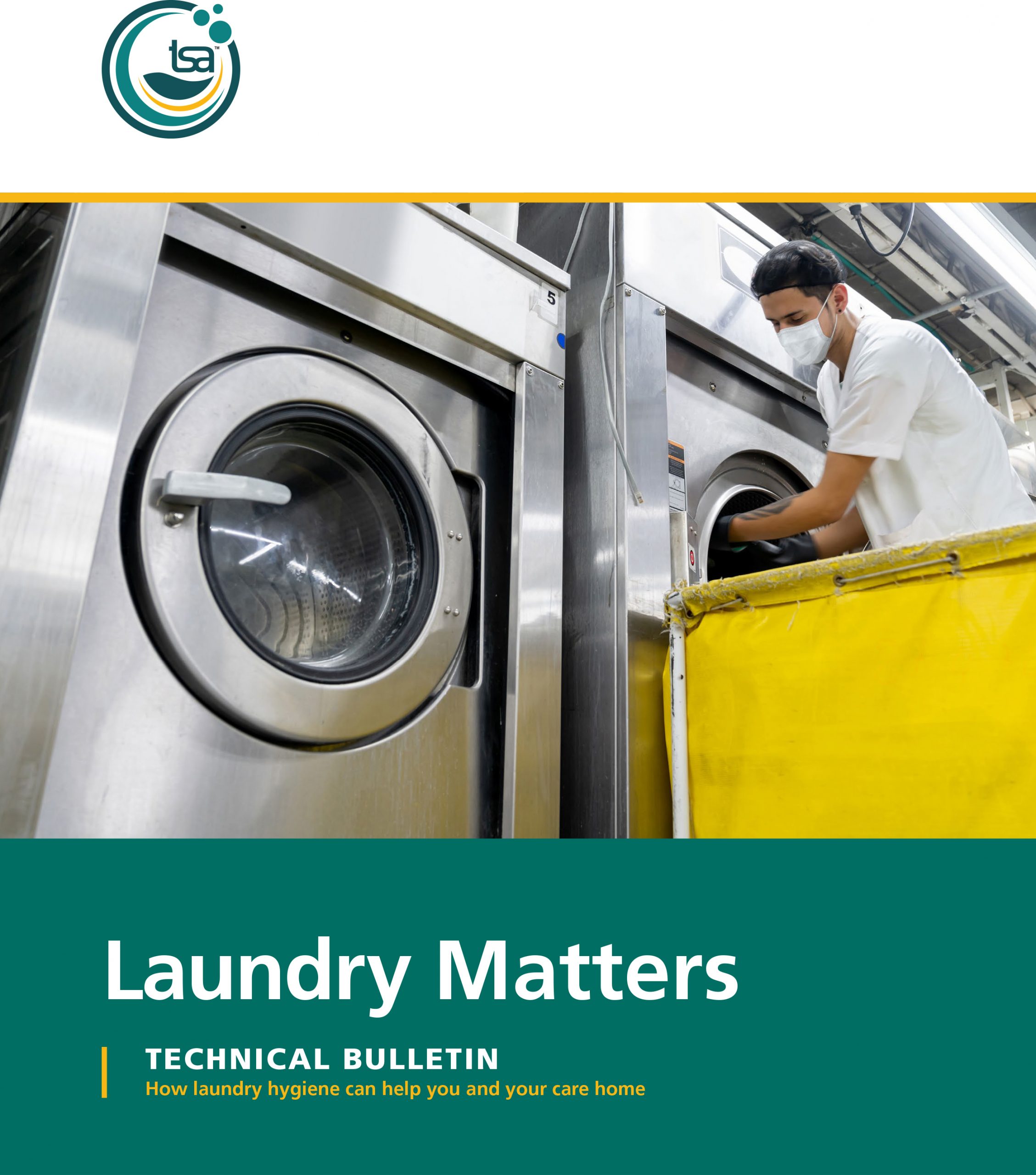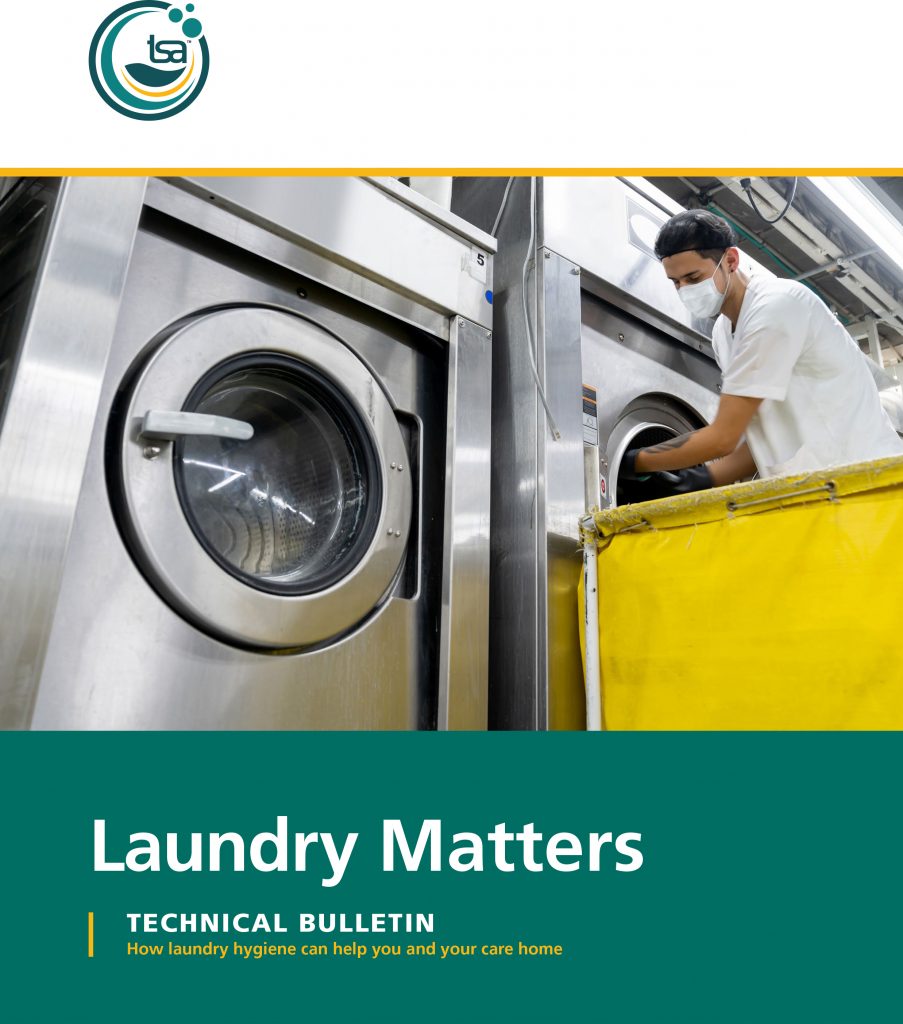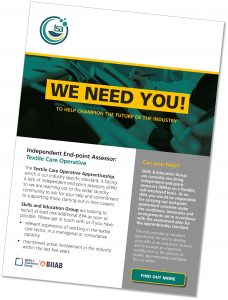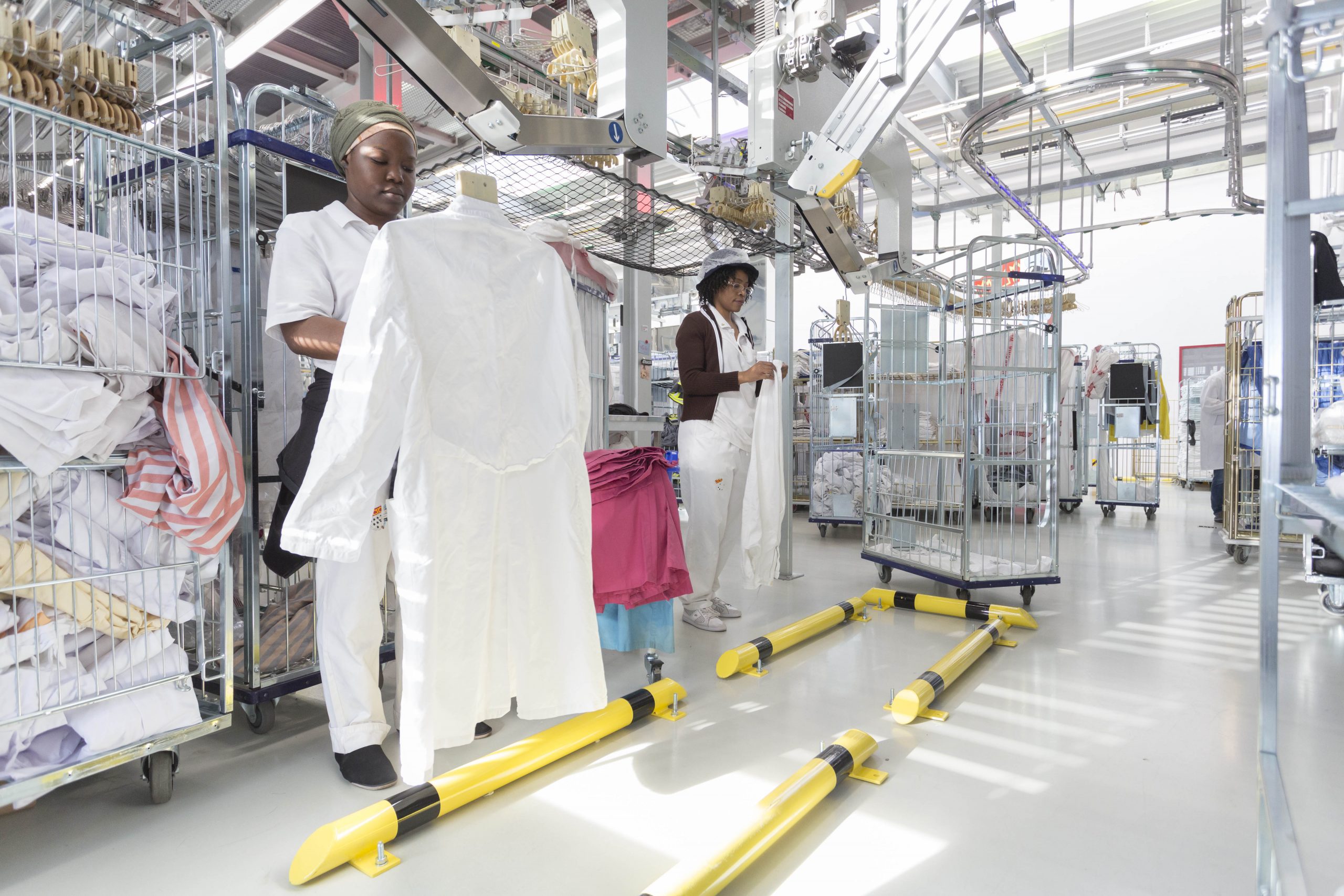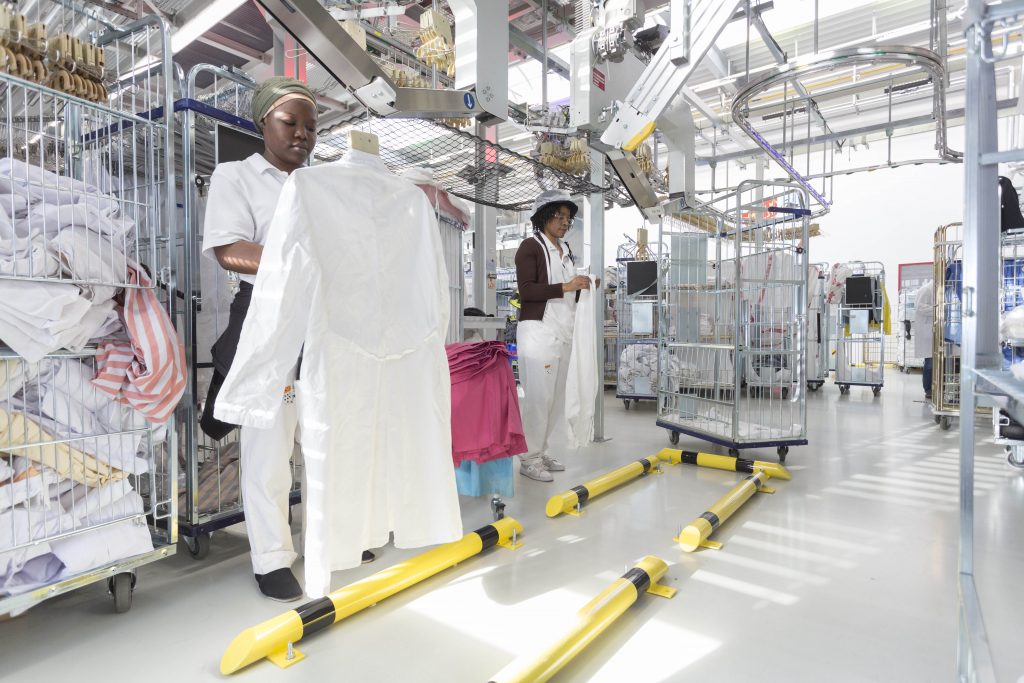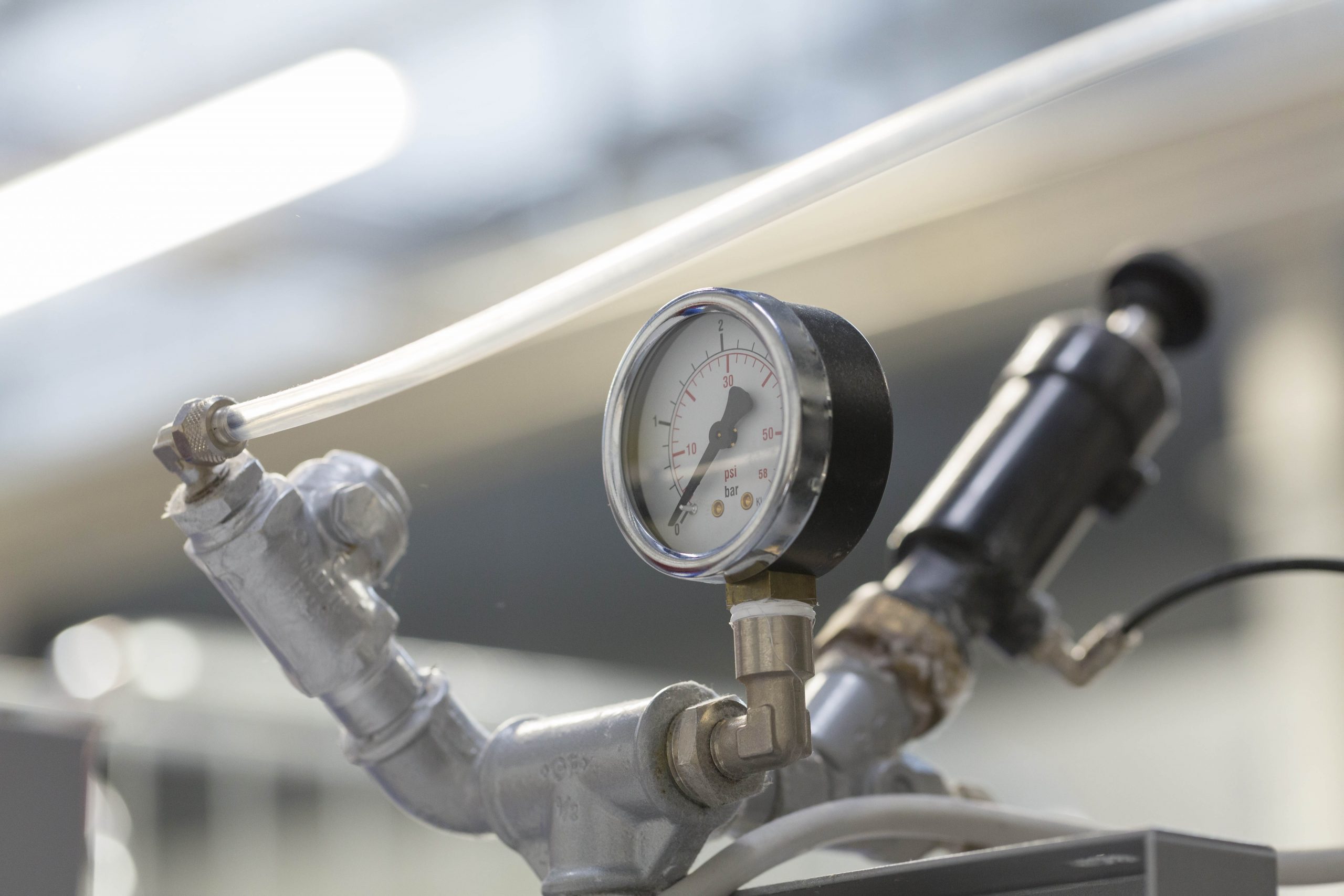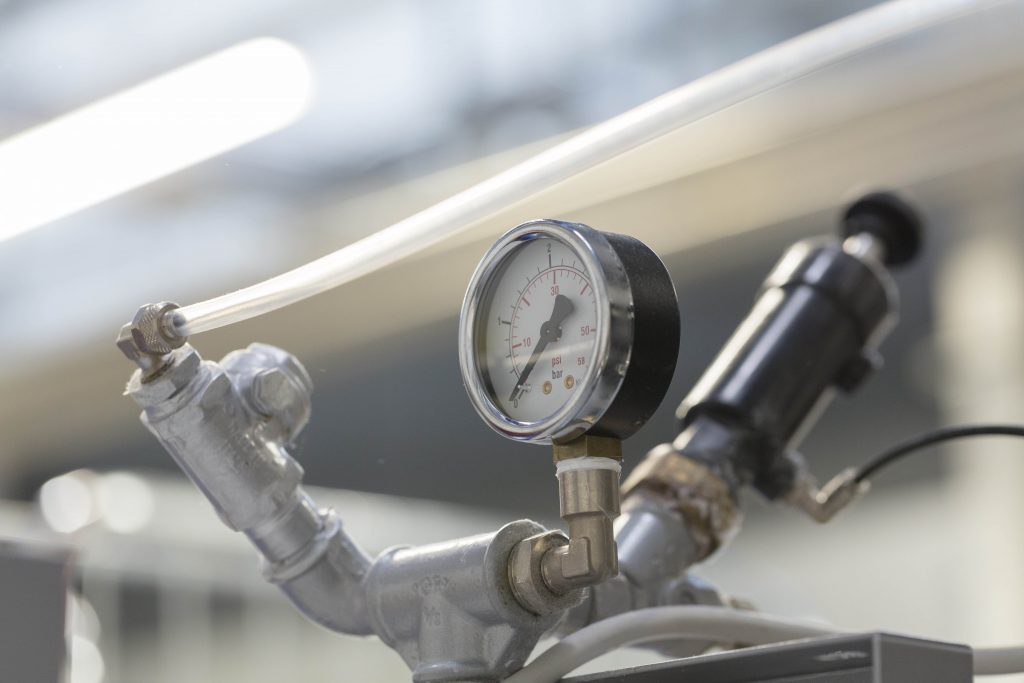Wages alone are up over 14%, with galloping increases elsewhere
The TSA’s wage survey of the commercial laundry sector found that labour costs have increased by a staggering 14.25% in the twelve months to October 2021. Over 86% of the TSA’s membership took part on the survey, underlining the alarm that the increases are causing throughout the industry.
The TSA (Textile Services Association) is the trade body representing commercial laundries in the UK. Its CEO David Stevens warns that, without significant price increases, the industry is simply not viable. “Wages are the tip of the iceberg,” he says. “We have reports of energy prices going up 300%, insurance up 100%, textile costs up 50%. It’s not sustainable. The industry was already reeling from the aftermath of the lockdowns and the lack of government support, but these increases are unprecedented. We’ve jumped out of the frying pan and into the fire.”
Commercial laundries service the hospitality and industrial markets, as well as healthcare including the NHS.
“The last thing we want to inflict on hospitality and healthcare is a big hike in prices, but it’s difficult to see any other options,” says Stevens.
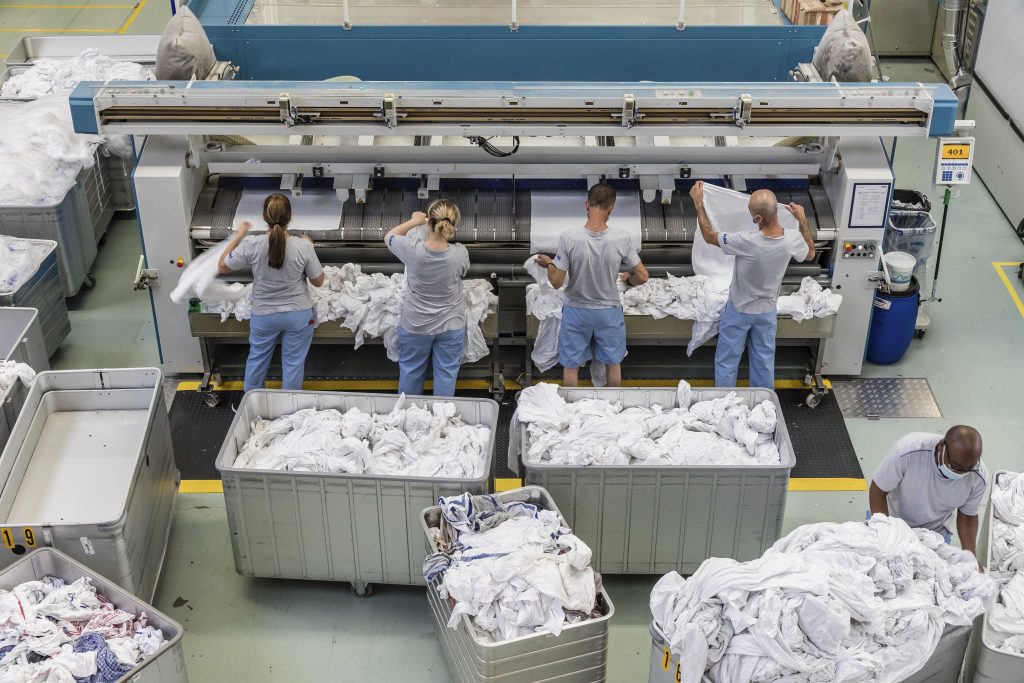
If you have any queries, please do not hesitate to get in touch with us either via email or phone:
T +44 (0) 20 3151 5600

